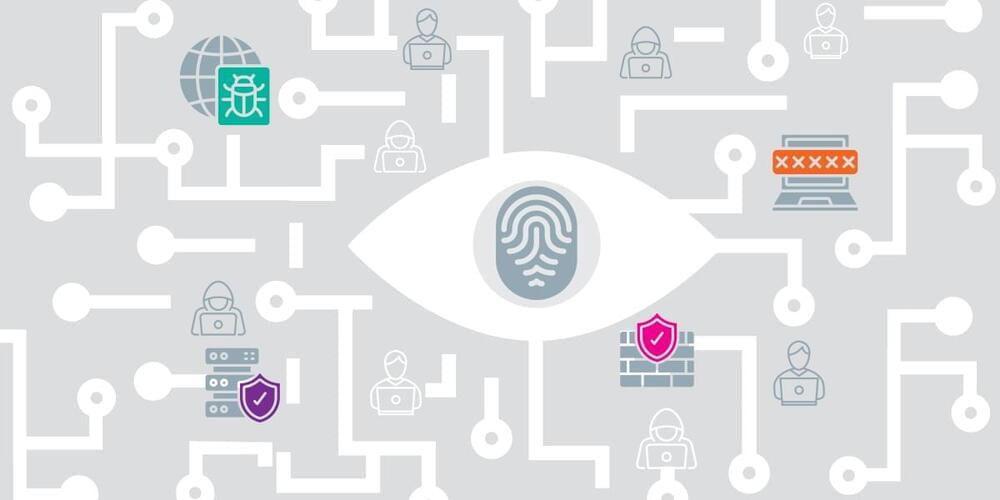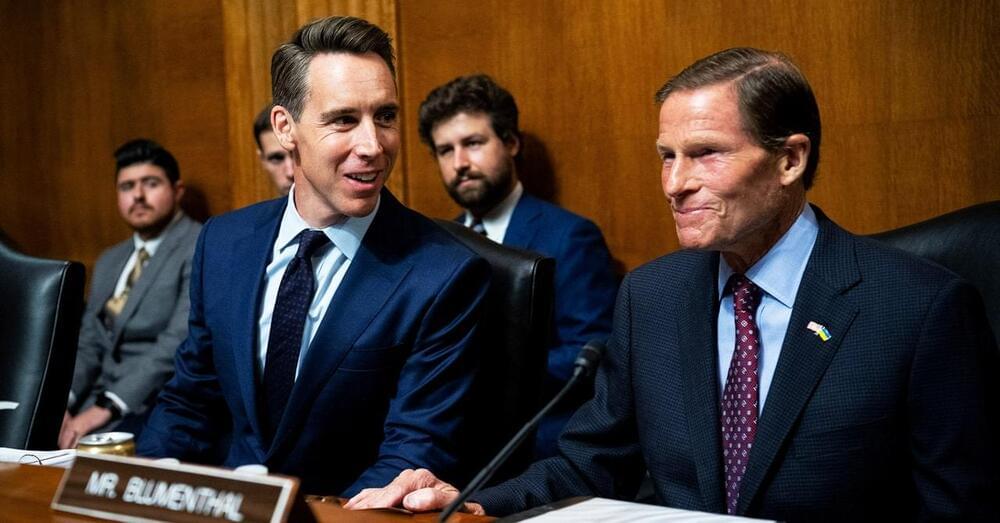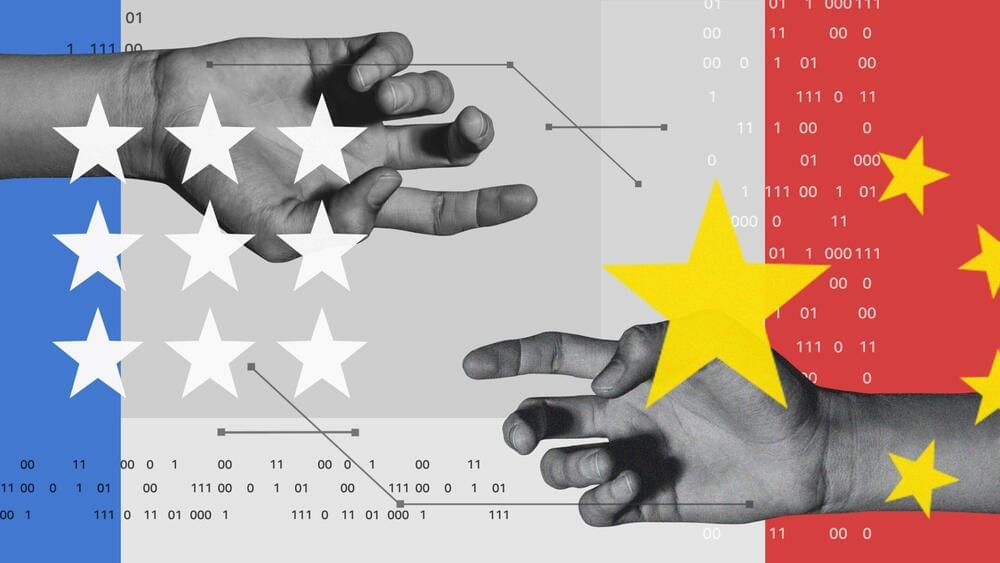Though artificial intelligence has been making inroads into the enterprise, the rise of generative AI is accelerating the pace of adoption. It’s time for enterprise CXOs to consider building systems of intelligence that complement systems of record and systems of engagement.
In the last two decades, enterprises have invested in building solid foundations for managing data and information. Relational databases such as Oracle and Microsoft SQL Server became the cornerstone of information systems. Built on this foundation were customer relationship management, human resources management, supply chain management and other line of business applications that quickly became the digital backbone of… More.
This context, when combined with advanced prompt engineering, helps enterprises build intelligent AI-based assistants on the lines of Microsoft Copilot or Google Duet AI.
The foundation models become the core of systems of intelligence. The contextual information generated via semantic search is fed to these generative AI models, which deliver rich insights and accurate information to users. The use cases aligned with SOI go beyond typical chatbots. Different teams within an organization will use them to handle a range of scenarios, from marketing to sales forecasting.
The next generation of platforms, tools, and cloud services will be focused on enabling businesses to build and consume systems of intelligence. Platform and cloud providers are rapidly developing tools and services to support this trend.








